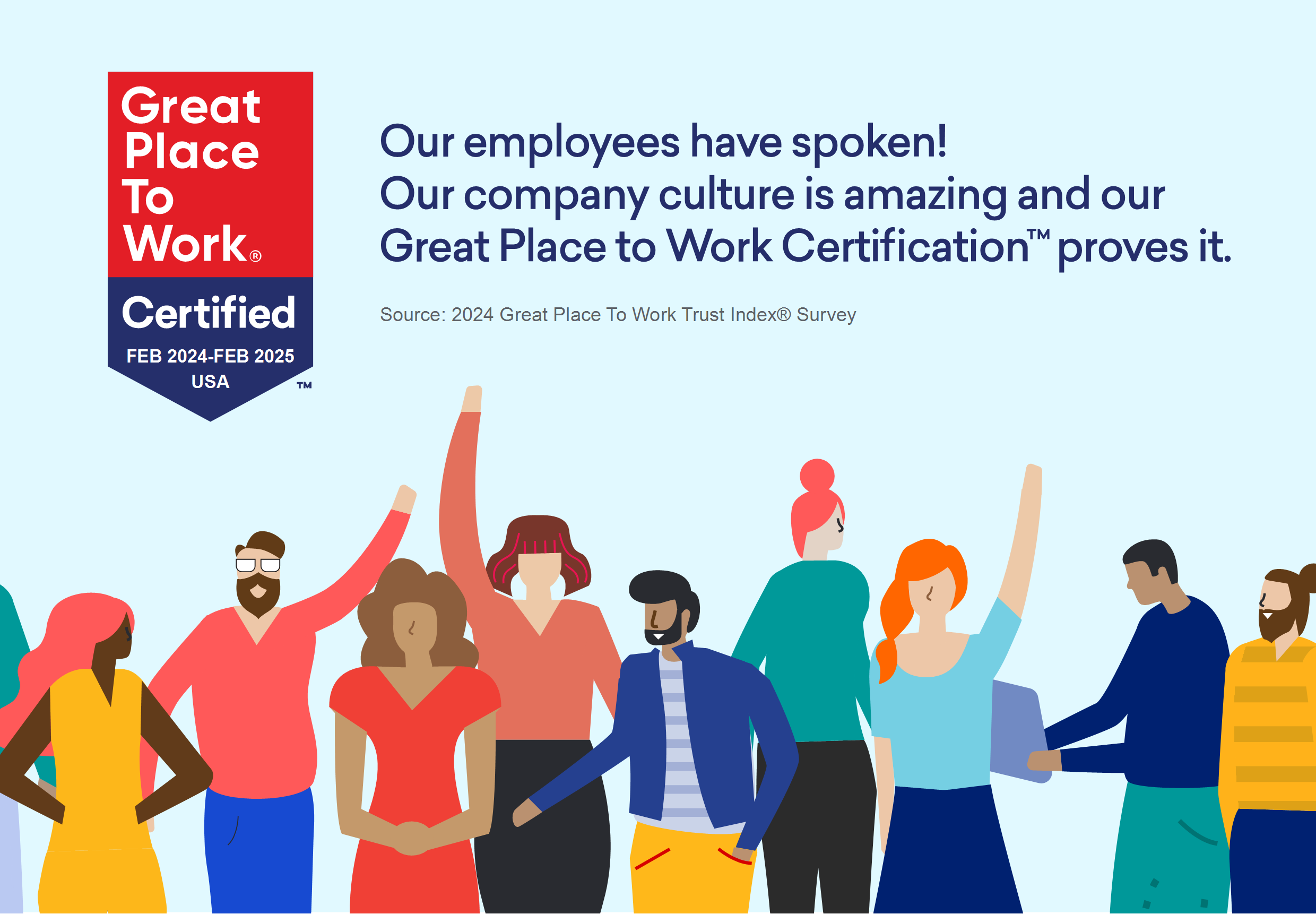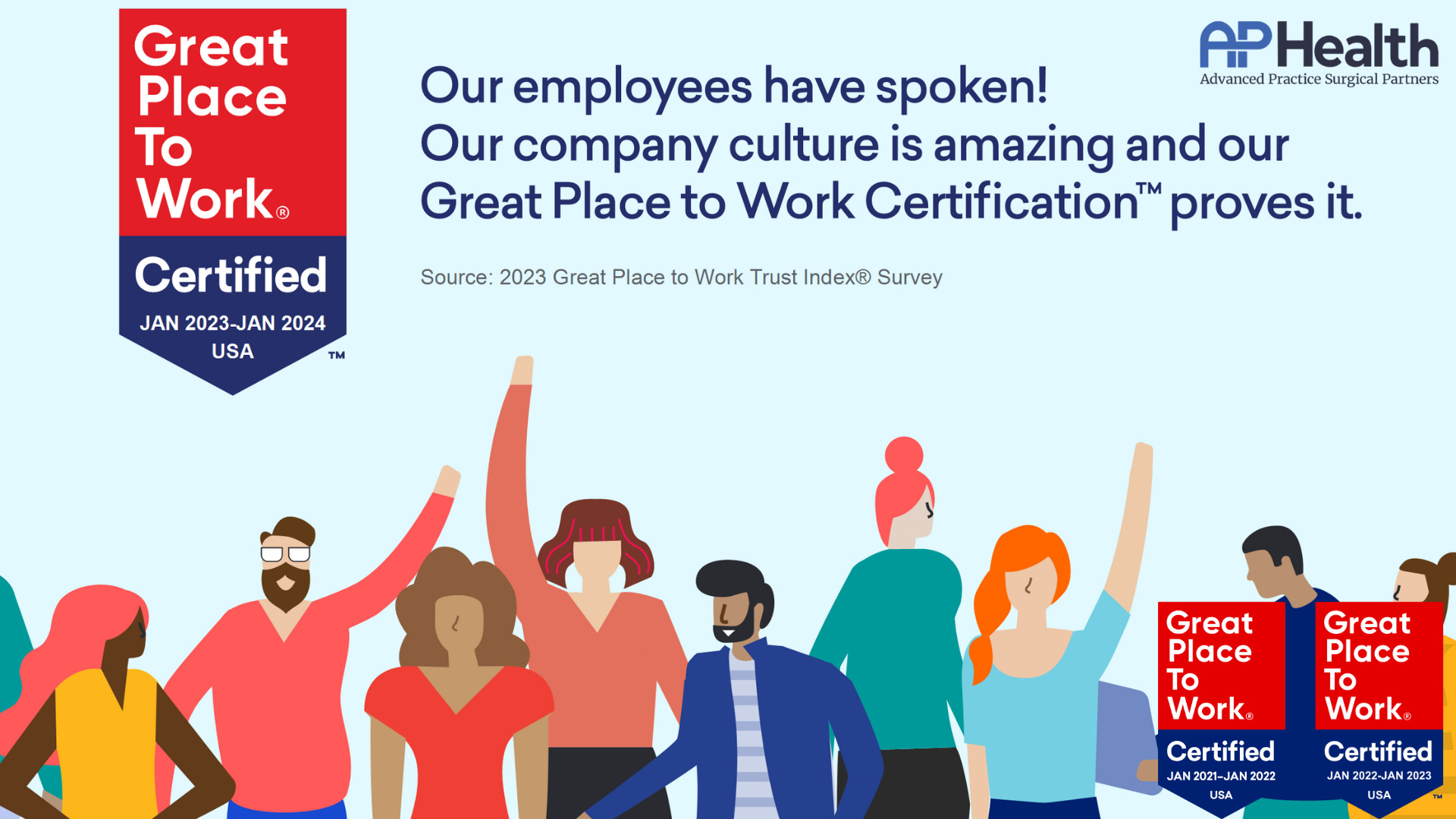
In their ongoing quest for increased and sustainable profit margins, hospitals are looking at all aspects of the business in search of operational improvement. Outsourcing is an increasingly popular option. Research and Markets projects hospital outsourcing to have an annual compound growth rate of 14.4% (2023-2027). Outsourcing of clinical services is a key consideration – not just nursing, but also perioperative staff.
For health system and hospital leaders, weighing the decision to outsource clinical services comes down to a classic “make vs. buy” decision. This leads to examination of several key factors:
Cost: Outsourcing is typically seen as a premium service, at a premium price. However, comparing in-house vs. outsourced pay rates overlooks the hidden costs of employed staff, including benefits, sick days, attrition / turnover, and leave, as well as recruitment, continuing education and administrative costs.
At AP Health, the leading pure-play surgical assistant platform, in addition to relieving our hospital customers of administrative costs, we enable them to turn the fixed costs of Advanced Practice Provider (APP) employees into variable costs that can be scaled up or back to match changing surgical volumes and economic conditions. The ability to align direct clinical costs with revenue gives our partners greater flexibility in managing their ever-changing environment.
Quality: In-house clinical staff are generally assumed to provide more consistent and, as a result, higher quality patient care; this is simply not true.
At AP Health, we provide surgical facilities not only with flexibility, but also consistency of staffing. We track the preferences of the surgeons with whom we work. This means not only knowing how they like to operate, but which staff members they like to work with. Then, in dedicated effort to enable continuity and consistency, we work to provide them with their preferred APP. This coordination is something we measure and manage on an ongoing basis. The surgeons served by AP Health work with a preferred provider in 95% of the surgeries they perform.
Quality is also determined by the consistency of the care provided by practitioners over time. Unlike hospital recruiters who are tasked with hiring a wide range of clinical and non-clinical personnel, APP talent acquisition is our entire focus. And, because we are laser focused on recruiting and retaining these providers, we have worked to create a workplace where they want to stay and build their careers. We have been Great Place to Work Certified™ for the past four years. In this year’s survey, 92% of our employees rated AP Health a “great place to work.”
Efficiency: The effective utilization of resources is critical to enhancing operational efficiency and, therefore, maximizing hospital margins. A key component of that efficiency is staff utilization. Many in-house surgical staff spend more than half their paid time waiting for the next case, not generating revenue. In some hospitals, surgical staff are generating revenue just 20-40% of the time. At AP Health, our productivity reliably exceeds that due to our ability to flex up and down with case volume. Our APPs are methodically staffed to minimize downtime and facilitate optimal outcomes in the OR. Without sacrificing a commitment to the highest quality care and exemplary patient outcomes, we are able to provide the level of productivity that contributes directly to a facility’s bottom line.
In addition, AP Health’s high-performing APPs care for patients throughout the continuum of surgical care. This efficiency helps operating rooms generate additional revenue by reducing turnover time, increasing the number of cases performed, and boosting surgeon and patient satisfaction.
Control: Some hospital leaders are hesitant to outsource because they fear “losing control” of key clinical staff to an external entity. The reality is that outsourcing of clinical staff is not a transactional event where hospitals lose visibility or input into staff performance. Rather, it is a partnership with full transparency, accountability, and reporting throughout the relationship.
At AP Health, we provide our facility partners with full access to our extensive reporting metrics. This is one of the key reasons we have long-term and growing relationships with the facility partners we serve. For example, we signed our first client – Memorial Health System – more than seven years ago. We initially had 14 APPs serving Memorial. Today, we have 50 full-time APPs dedicated to the multiple facilities within the system. We also recently signed a new, multi-year contract that ensures continued growth with Memorial. Importantly, Memorial Health, across these several hospitals, has realized significant cost savings since the launch of its partnership with AP Health.
Hospitals considering “make vs. buy” decisions related to clinical staff should undertake a thorough and strategic assessment of their options. In the end, they’ll likely find that boosting operating margins is not just driven by cost reduction initiatives, but also by emphasizing quality, efficiency and productivity. Outsourcing clinical services, with the right partner(s), can produce significant financial, administrative, and surgeon and patient satisfaction benefits for surgical facilities without compromising the most essential mission – to provide the highest quality clinical care.












Recent Comments